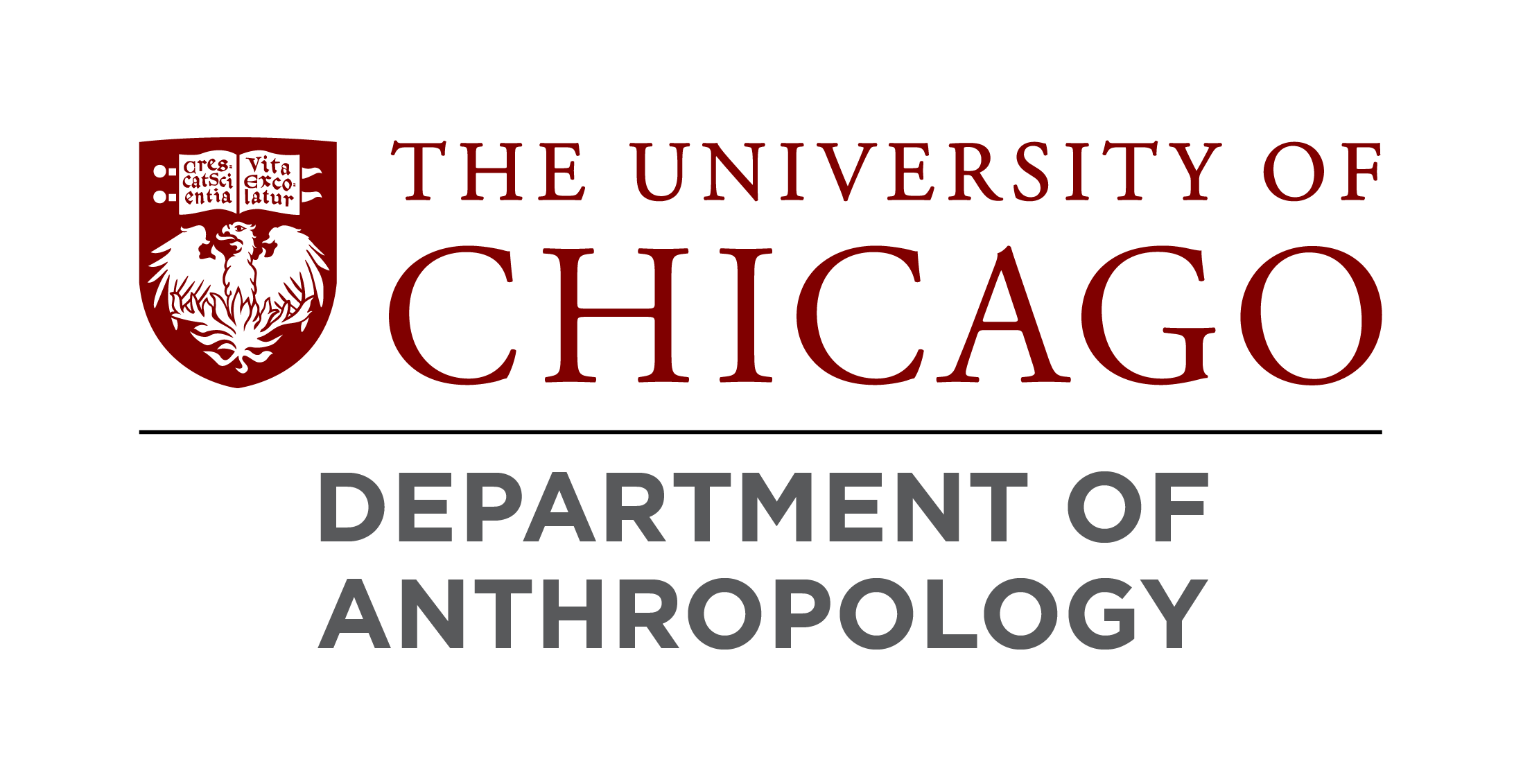Events
The Department of Anthropology convenes diverse seminars, workshops, and other gatherings throughout the academic year. Navigate the categories to the left to learn more.
Events
Signification, Circulation, Emanations
Signification, Circulation, Emanations April 26 & 27 at the Franke Institute for the Humanities
We are delighted to invite you to Signification, Circulation, Emanations, a two-day conference that reflects and builds on the scholarship of Michael Silverstein (1945–2020), with specific focus on his work on the semiotics of culture in the latter part of his career and the future paths of inquiry it opens.
Register here to attend in-person at the Franke Institute for the Humanities or online via Zoom.
Add the conference to your calendar…
Download and import an iCalendar (.ics) file to add this event to your calendar system.
Learn more…
Visit the website for the conference program and more information.
Accessibility accommodations…
Access UChicago Now provides information and resources for greater inclusion at the University of Chicago.
This event is sponsored by the Department of Anthropology, the Department of Linguistics, the Franke Institute for the Humanities, MAPSS, and the Center for the Study of Communication and Society.
Agustín Fuentes
April 29, 2024 3:00 PM 315 Haskell Hall What the hell is biocultural? A productive friction for Anthropology Dr. Agustín Fuentes Princeton University
ABSTRACT: Seeing bodies and evolutionary histories as quantifiable features that can be measured separate from the human cultural experience is an erroneous approach. Seeing cultural perceptions and the human experience as disentangled from biological form and function, and evolutionary history, is equally misguided. Anthropology is the academic field that, arguably, has as its raison d’être the correction and avoidance of these errors. But disagreements and lack of integration and communication within and across anthropologies continue to hinder the quest to achieve such lofty goals. Here I offer a view of the biocultural, with examples from human development and multispecies relations, as productive friction for anthropology. (Re)Engaging the concepts/dynamics of culture and biology, rejecting a bio/cultural binary, and placing them in dialogue as co-constructors of the human I hope to drive home what a biocultural approach is and how it is generative for a 21st century anthropology. Not every anthropological question must touch on the biocultural nor should all anthropologists be doing biocultural work. However, everyone who seriously wants to do an anthropology should know what a biocultural frame is, what the possibilities such a context offers, and why and how it can be integral to serious engagement with the human.
BIOGRAPHY: Agustín Fuentes, a Professor of Anthropology at Princeton University, focuses on the biosocial, delving into the entanglement of biological systems with the social and cultural lives of humans, our ancestors, and a few of the other animals with whom humanity shares close relations. Earning his BA/BS in Anthropology and Zoology and his MA and PhD in Anthropology from UC Berkeley, he has conducted research across four continents, multiple species, and two-million years of human history. His current projects include exploring cooperation, creativity, and belief in human evolution, multispecies anthropologies, evolutionary theory and processes, gender/sex, and engaging race and racism. Fuentes’ books include Race, Monogamy, and other lies they told you: busting myths about human nature (U of California), The Creative Spark: how imagination made humans exceptional (Dutton), and Why We Believe: evolution and the human way of being (Yale).
Please join us for a reception on Haskell’s mezzanine immediately following Dr. Fuentes’s talk.
Janet Roitman
May 6, 2024 3:00 PM 315 Haskell Hall Platform Economies: Beyond the North-South Divide Dr. Janet Roitman RMIT University
ABSTRACT: Platform economies are depicted as the foundation for a new era of economic production. This transpires through the incorporation of digital technologies and algorithmic operations into the heart of economic and financial practices. However, different assumptions are made about the effects of digital platforms depending on geographical location. While digital platforms are approached as inherent to processes of financialization globally, they are reduced to processes of financial inclusion when referencing the ‘Global South.’ Analyses of financialization as a one-way-vector – Global North to Global South – overlook variability and the limits to financialization. In contrast, a focus on market devices illustrates the fault lines of value creation that are obscured by the Global North/Global South frame.
BIOGRAPHY: Janet Roitman is Professor at The Royal Melbourne Institute of Technology (Australia). She is Co-Director of the Digital Ethnography Research Centre, an associate member of the ARC Centre of Excellence for Automated Decision-making and Society (ADM+S), and founder-director of The Platform Economies Research Network (PERN). Her research focuses on the anthropology of value and emergent forms of the political. She is the author of Fiscal Disobedience: An Anthropology of Economic Regulation in Central Africa (Princeton University Press) and Anti-Crisis (Duke University Press). She serves on the editorial boards of the Journal of Cultural Economy, Cultural Anthropology, Finance & Society, and Platforms & Society. Her research has received support from the Ford Foundation, the MacArthur Foundation, the American Council of Learned Societies, The Institute for Public Knowledge, and The National Science Foundation.
Please join us for a reception on Haskell’s mezzanine immediately following Dr. Roitman’s talk.
Undergraduate Thesis Symposium
Please join us on May 20 in Haskell Hall 315 for this year’s Anthropology Undergraduate Symposium, which will showcase the work of graduating fourth years who have completed a BA Thesis for Departmental Honors.
 THE UNIVERSITY OF CHICAGO
THE UNIVERSITY OF CHICAGO

